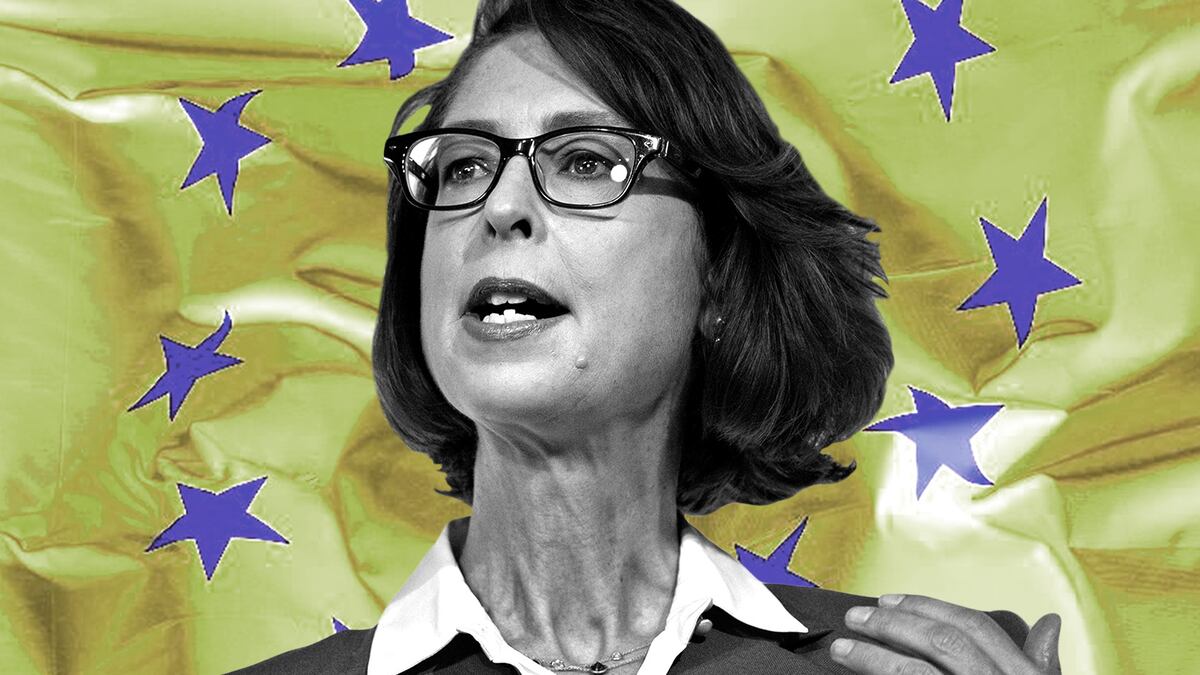- Senior digital assets executive tells DL News investment giant is looking for 'best setup' in 27-nation bloc.
- Move comes as Fidelity pursues Bitcoin ETF in the US.
- Clarity of MiCA law is attracting and not deterring finance giants.
Fidelity Digital Assets, a subsidiary of the giant US asset management firm, is evaluating how to expand into the European cryptocurrency market after the European Union implements its landmark digital assets law in 2024, a senior executive told DL News on Wednesday.
“We do have plans to access the EU after MiCA comes into force, and we’re actively exploring the best setup for us to do so,” Manuel Nordeste, vice president of Fidelity Digital Assets, said in an interview on the sidelines of the European Blockchain Convention in Barcelona.
Positive development
Nordeste was referring to the Markets in Crypto-Assets Law, which Brussels approved this year. For major financial firms such as Fidelity, which manages $4.5 trillion in assets, MiCA provides clarity for investing in Bitcoin, Ethereum, and their ilk.
“We certainly see MiCA as a positive development in providing a framework for what institutions and service providers should be doing to remain accountable,” Nordeste said, “and to give investors an access point to the asset class in a well-regulated way.”
Under CEO Abigail Johnson, Fidelity has long been keen on developing Bitcoin as a new asset class and developing products around crypto. The company started mining Bitcoin in 2014 and soon after its employee cafeteria in Boston accepted the digital money for payment.
This year, Fidelity embarked on a hiring spree as it pushed to let American workers invest in crypto through their retirement plans and launched a digital assets marketplace called EDX with Charles Schwab and Citadel Securities.
Fidelity also joined the race to win approval for a spot price exchange-traded fund for Bitcoin from the US Securities and Exchange Commission. Its rival BlackRock, along with Ark Invest and other Wall Street players, are also eager to offer a Bitcoin ETF, which analysts say could rekindle retail investors’ interest in the sector.
Taking part in a panel discussion exploring whether financial institutions are adopting crypto on Wednesday, Nordeste talked about the challenge of offering crypto products to investors at a time when regulators are still playing catch-up.
“Operating globally is like you have a pretty difficult sort of puzzle that you’re trying to put together,” he said.
While the US delivers a regulatory crackdown on the crypto industry with existing laws, Brussels has been pursuing a more prescriptive approach by treating cryptocurrencies as a separate asset class with its own tailor-made rules.
Coinbase doubles down on Dublin
For the likes of Fidelity, that opens the door to accessing a market with 448 million people and a GDP of €16 trillion ($18.4 trillion). It isn’t alone. Coinbase, which has long operated in the UK and the EU, said this month it was expanding its Dublin office to become a springboard for deepening its business in the bloc.
While companies often see the EU’s penchant for heavy regulation as a problem, in the case of MiCA it may be the shot of credibility crypto needs. At least, that’s how Fidelity appears to see it.
“It encourages regulated firms to act with accountability and in a way where regulators have proper visibility,” Nordetese told DL News. “It also incentivises investors to seek on-shore regulated service providers and helps them understand who is operating properly.”
Have a tip on crypto in Europe? Contact the author at ana@dlnews.com.
Updated on October 25 to specify that Fidelity Digital Assets, a subsidiary of Fidelity Investments, to weighing a European push.
